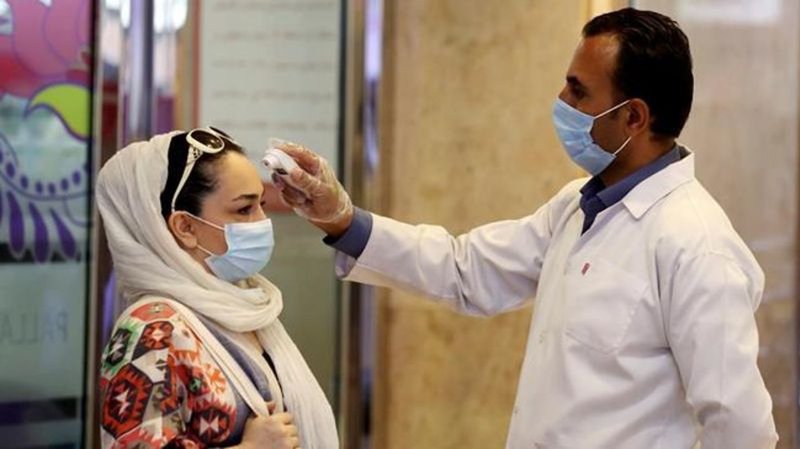
Wary of angering public, Iran has few ways to contain virus
DUBAI, United Arab Emirates — As coronavirus infections reached new heights in Iran this month, overwhelming its hospitals and driving up its death toll, the country’s health minister gave a rare speech criticizing his own government’s refusal to enforce basic health measures.
“We asked for fines to be collected from anyone who doesn’t wear a mask,” Saeed Namaki said last week, referring to the government’s new mandate for Tehran, the capital. “But go and find out how many people were fined. We said close roads, and yet how many did they close?”
Namaki’s speech, lamenting the country’s “great suffering” and “hospitals full of patients,” clearly laid the blame for the virus’ resurgence at the government’s door — a stark contrast to the usual speeches from officials who point the finger at the public’s defiance of restrictions.
But one day later, the minister had a vastly different message.


